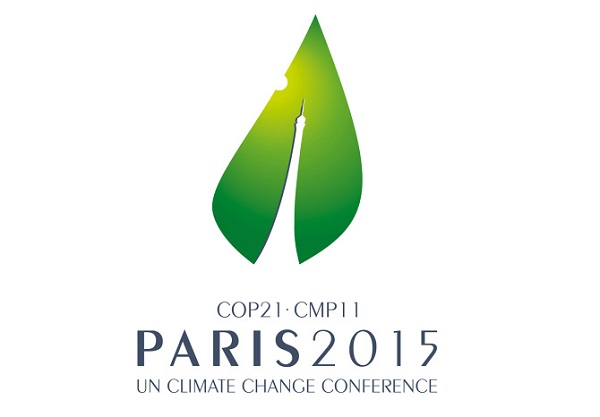
At a recent round table talk at the Abbaye de Neumünster in Luxembourg-Grund hosted by the Institute Pierre Werner, Luxembourg panelists discussed the question of how to measure the success or failure of the upcoming climate change conference in Paris (COP21).
The panelists – most of them veterans of past climate change conferences – started the evening on a surprisingly positive note. It was, however, not the expectation of great change coming from heads of state in Paris, but the build-up of grassroots initiatives that gave them reason for careful optimism.
The IPW collaborated with the German Embassy of Luxembourg, the Institut Français du Luxembourg and the Information Office of the European Parliament, and brought together scientists, politicians and representatives of French, Luxembourgish and German civil society. The discussion was moderated by Robert Garcia, former Luxembourg deputy director Rotondes, and featured Dr. Silke Beck of the Helmholtz Centre for Environmental Research; Brice Lalonde, Special Advisor for Sustainable Development with the United Nations Global Compact; Claude Turmes, Luxembourg MEP, Déi Gréng; Camille Gira, Luxembourg Secretary of State for Sustainable Development and Infrastructure; and Norry Schneider, Transition Coordinator Luxembourg.
While the speakers were generally skeptical about technical solutions achieving the necessary progress, they were certainly hopeful about some recent news: it has become clear that it is now cheaper to build a solar farm than a nuclear power plant of the same capacity. This calculation even applies for countries with low solar irradiance such as the UK and Germany, and even before taking into account any cost for storing nuclear waste.
Positive changes also appear to occur in the field of divestment, where UK pension funds recently announced pulling out their investments from CO2-heavy industries such as coal and gas. They are joining other large investors like Norwegian Pension funds and even the Rockefeller Fund in doing so. Just days before the event, further announcements were coming out of the US that energy giant Exxon Mobil was under investigation for possibly misinforming or withholding information on climate change in the past – a legal strategy that was once the beginning of the fight against the tobacco industry.
Talking about the US, it was also clear that the outcome of next years US presidential elections would be crucial in the fight against climate change, as all remaining Republican candidates deny that climate change even exists. The other "elephant in the room" was China, which was brought up by several questions from the audience, and which is today the largest emitter of CO2.
One of the expected announcements of the Paris talks is about the enlargement of the CO2 certificate trading scheme. The basic idea of solving climate emissions by making them part of the free market was strongly questioned, with no participant seeing it as the required move forward in climate protection. It was instead described as a "combining of the EU trading scheme, which isn't working, with a Chinese trading scheme, which is not-yet-not-working", and announcing this combination as a large success.
Since the last climate talks in Peru in December 2014, countries were asked to submit voluntary emission reduction goals, which are to be put into a common announcement at the upcoming conference. To answer the original question of the evening how to measure success or failure of the conference, the panelists agreed that the biggest single issue would be the establishment of a reliable measure of the actual reductions of CO2 emissions according to these pledges over time.
Lastly, and in line with the need for grassroots campaign initiatives, the round table participants pointed the audience to the upcoming Luxembourg climate March on 30 November, the day of the beginning of the Paris talks.








